Keywords: Human Rights Commission
There are more than 200 results, only the first 200 are displayed here.
-
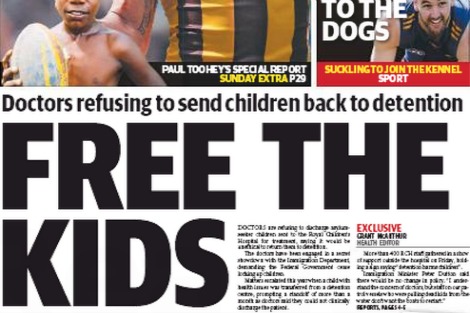
AUSTRALIA
- Justin Glyn
- 11 January 2016
4 Comments
Health care professionals at the Royal Melbourne Children's Hospital have begun to do what could not be achieved by reports from the UN Special Rapporteur on Torture and Australia's Human Rights Commission. The doctors and staff are refusing to release children they treat back to the detention which caused their problems in the first place. By this brave act has begun the slow task of pouring daylight (always the best antiseptic) into this gaping wound in Australian society.
READ MORE 
-

AUSTRALIA
- Frank Brennan
- 10 December 2015
I first met this Tony on my regular visits here to Darwin when he was working at the North Australian Aboriginal Legal Aid Service and then when he set up the mediation services under the auspices of Anglicare. In later years I knew him when he was your Anti-Discrimination Commissioner. He was a quiet, considered, gentle, strong and principled man. On Human Rights Day, it is only fitting that I honour Tony by offering some reflections on the architecture for human rights in Australia, on the contemporary human rights controversies, and on the way forward for better protection of the human rights of Aborigines and asylum seekers, two marginalised groups who had a special claim on Tony's sympathies.
READ MORE
-

RELIGION
- Frank Brennan
- 04 December 2015
1 Comment
'Tonight, gathered here in the Southern Cross Club in the national capital, gathered as Eureka's children. We affirm that there is room for everyone under the Southern Cross. I hope you will return to Canberra carrying the Southern Cross flag when we proclaim the Australia Republic on 1 January 2020 which will be two elections after Australia last had a monarchist leader of a major political party. Tony Abbott is the last of his type. Whether the prime minister honoured to witness the proclamation is Malcolm Turnbull, Bill Shorten or another matters not.' Annual Dinner for Eureka's Children, Southern Cross Club, Canberra, 3 December 2015.
READ MORE
-

RELIGION
- Frank Brennan
- 03 December 2015
The consideration of medico-legal problems in the public square of a pluralistic democratic society keeping pace with profound technological change is often marked by simplistic assertions, precluding considerations of comprehensive world views, whether religious or philosophical. It is now commonplace for doctors to be told to leave their consciences at the door, as their patients are consumers and they are suppliers and of course the market decides. Debates about law and policy are often resolved with simplistic assertions about individual rights and autonomy, with little consideration for the public interest, the common good, and the doctor-patient relationship. Even conscience is said to be a matter for contracting out. This evening I ask whether there are more compelling ways to resolve medico-legal dilemmas, while conceding a limited role for law in determining the range of acceptable answers.
READ MORE
-

RELIGION
- Frank Brennan
- 30 November 2015
6 Comments
'No one doubts the pastoral sensitivity of Pope Francis. But the Church will continue to suffer for as long as it does not engage in open, ongoing discussion and education about the issue of women's leadership. The official position is no longer comprehensible to most people of good will, and not even those at the very top of the hierarchy have a willingness or capacity to explain it.' - Fr Frank Brennan SJ outlines five challenges and opportunities for the Catholic Church in the 21st century.
READ MORE
-

RELIGION
- Frank Brennan
- 27 November 2015
2 Comments
'The crisis of child sexual abuse in our societies has required that our institutional procedures be more transparent and that we learn from the ways of the world in exercising power openly and justly. This means we have to restructure some of our church arrangements so that power is exercised accountably and transparently. All of us who have positions of influence and power in institutional churches need to be attentive to the voices of those who have suffered within our institutions.' 'Discerning the place for the prophetic voice and pragmatic cooperation of the churches in the great moral questions of the age', address to the Association of Practical Theology in Oceania conference, 26 November 2015.
READ MORE
-
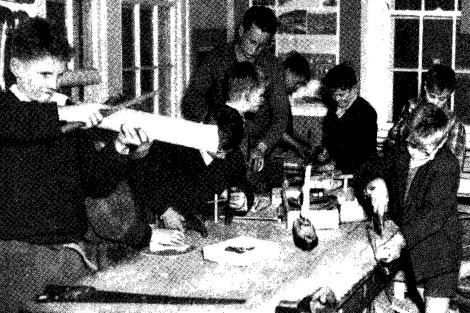
AUSTRALIA
- Tom Keating
- 17 November 2015
2 Comments
The case studies given during the Royal Commission's dealings with Victoria's state run institutions were heartrending for anyone like myself who worked within that system in the 1960s and '70s. It must have been harder still for those who were trying desperately to reform the system at that time. By the mid-'80s Victoria came to have the most progressive and effective juvenile justice system in the country and was a leader internationally. Much has been lost in the intervening years.
READ MORE 
-
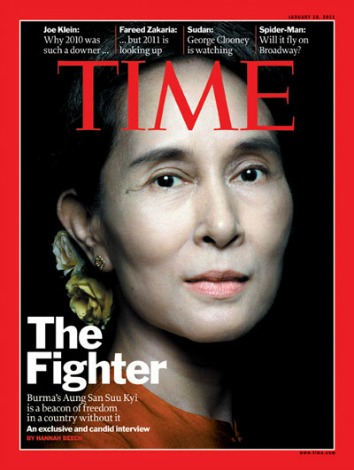
INTERNATIONAL
- Amal Aung Zaw
- 13 November 2015
5 Comments
The results resonate beyond the shores of Myanmar. The manner in which a fragile woman with the power of empty hands wrought a miracle, melting decades of totalitarian dominance, is the stuff of history. The world savours this moment as its own. This is the Gandhi moment, the Mandela moment of the 21st Century. In an era of ISIL killings and chronic violent wars in the middle east for 'democracy', a woman from the east has once again affirmed the moral superiority of non violence.
READ MORE 
-
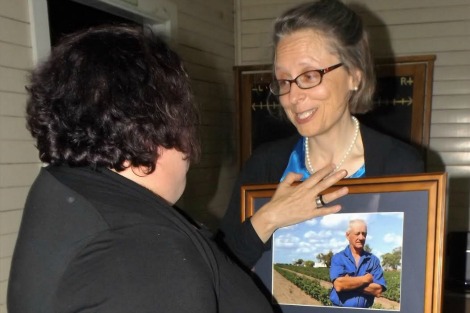
ENVIRONMENT
- Mark Copland
- 02 November 2015
10 Comments
When Chinchilla farmer George Bender took his own life, it ended a ten year struggle with the coal seam gas industry that has wreaked havoc on his property and that of his neighbours. Despite mountains of paper regulations, despite a well-resourced Gasfield Commission and Gasfield Compliance Unit, people in the region feel abandoned. It seems that government bodies are enablers and facilitators of the industry rather than regulators and protectors of the people, the soil and the water.
READ MORE 
-

AUSTRALIA
- Frank Brennan
- 23 October 2015
4 Comments
Francis knows there are all sorts of issues inside and outside the Church where for too long people with power have tried to keep the lid on, in the hope that the problems and complexities will go away, often by parodying those who see the problems or complexities as small 'l' liberals or cafeteria Catholics. He delights in being joyful and troubled while contemplating big problems, calling people of good will to the table of deliberation reminding them of the kernel of the Christian gospels. He has the faith and hope needed to lift the lid without fear and without knowing the answers prior to the dialogue occurring.
READ MORE
-
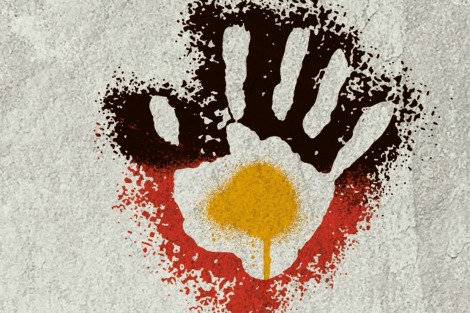
AUSTRALIA
- Frank Brennan
- 19 October 2015
7 Comments
It is now more than three years (and three prime ministers) since the expert panel set up by the Gillard government reported on how the Constitution might be amended to provide recognition of Aboriginal and Torres Strait Islander peoples. When I read the report, my heart sank. It had put forward a comprehensive, but unachievable and unworkable proposal for change. The lesson from 1967 is that a modest change carried overwhelmingly by the Australian people provides the impetus for change.
READ MORE 
-

AUSTRALIA
- Frank Brennan
- 16 October 2015
2 Comments
I acknowledge those Aborigines and Torres Strait Islanders who insist that they have never ceded their sovereignty to the rest of us. I join with those Aborigines and Torres Strait Islanders who hope for better days when they are recognised in the Australian Constitution. As an advocate for modest constitutional recognition for Indigenous Australians, I respect those Aborigines and Torres Strait Islanders who question the utility of such recognition. But I do take heart from President Obama's line in his Charleston eulogy for the late Reverend Clementa C. Pinckney: 'Justice grows out of recognition'.
READ MORE